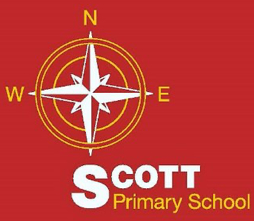Religious Education
Intent
The principal aim of RE is to explore what people believe and what difference this makes to how they live, so that pupils can gain the knowledge, understanding and skills needed to handle questions raised by religion and belief, reflecting on their own ideas and ways of living.
Through the teaching of Religious Education, our pupils are able to articulate how religious faith affects
people’s lives, through sensitively asking and answering questions. They use a variety of media, such art,
dance, music, and drama, to enable them to find answers and to support discussions. We support children to consider the ‘Big Questions’, engage with the text and to confidently use the Religious Literacy introduced in each Key Stage. Pupils have varied opportunities to make links with the wider world and all faiths, whilst at the same time gaining the knowledge, understanding and skills needed to handle questions raised by religion and beliefs. Pupils also have the opportunity to reflect and share their own beliefs, values, ideas and ways of living.
Long Term Plan
RE in Reception
Non-statutory guidance for RE for all 4–5-year-olds in the Reception class
The approach outlined for nursery will also serve Reception class teachers, especially in the earlier months of the reception year. In addition to this, the following pages are suggestions of questions, outcomes and content that will ensure good provision for RE in Reception.
The questions, outcomes and content below are non-statutory but should be read by all schools and settings to ensure that their provision is effective. For teaching to be high quality, the questions, learning outcomes and content need to be taught together. It is not sufficient simply to use the questions suggested. In the Reception class, children should encounter local examples of religion, including Christianity and other faiths, as part of their growing sense of self, their own community and their place within it, in line with the law about RE.
RE in KS1: programme of study
What do pupils get out of RE at this key stage?
Pupils should develop their knowledge and understanding of religions and worldviews, recognising their local, national and global contexts. They should use basic subject-specific vocabulary. They should raise questions and begin to express their own views in response to the material they learn about and in response to questions about their ideas. They will study Christianity and either Judaism, Islam or both (the minimum requirement is two different religions, but flexibility exists, especially where pupils from different religious communities are present in the class).
RE in Key Stage 2: programme of study
Pupils should extend their knowledge and understanding of religions and worldviews, recognising their local, national and global contexts. They should be introduced to an extended range of sources and subject-specific vocabulary. They should be encouraged to be curious and to ask increasingly challenging questions about religion, belief, values and human life. Pupils should learn to express their own ideas in response to the material they engage with, identifying relevant information, selecting examples and giving reasons to support their ideas and views. 7–11s are also getting ‘secondary ready’ in their RE, although the learning in this key stage is focused on the needs of junior children.
Celebrations
Festivals are special days to celebrate tradition, culture, and heritage with happiness, peace, and
togetherness. By celebrating a range of religious festivals, the children learn about how other
religions celebrate and appreciate traditions that other religions may have. Throughout the year, we
celebrate a range of festivals including Christmas, Eid, Harvest Festival, Chinese New Year, Easter
and Diwali.
Below are some photos showing how we celebrate.
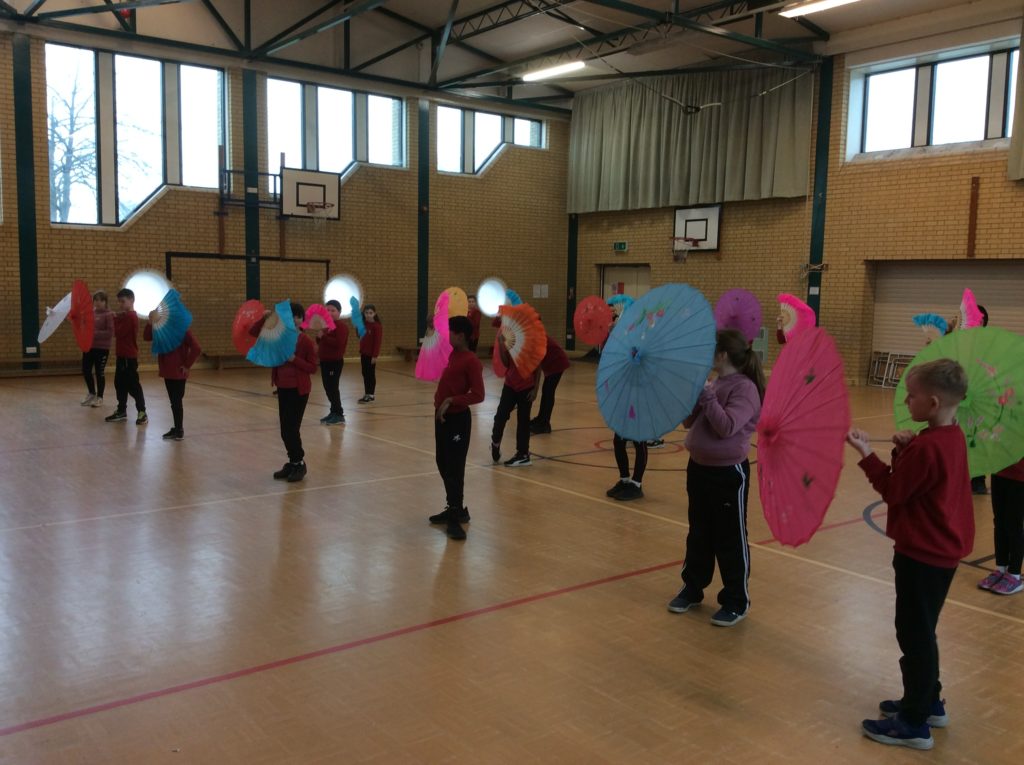
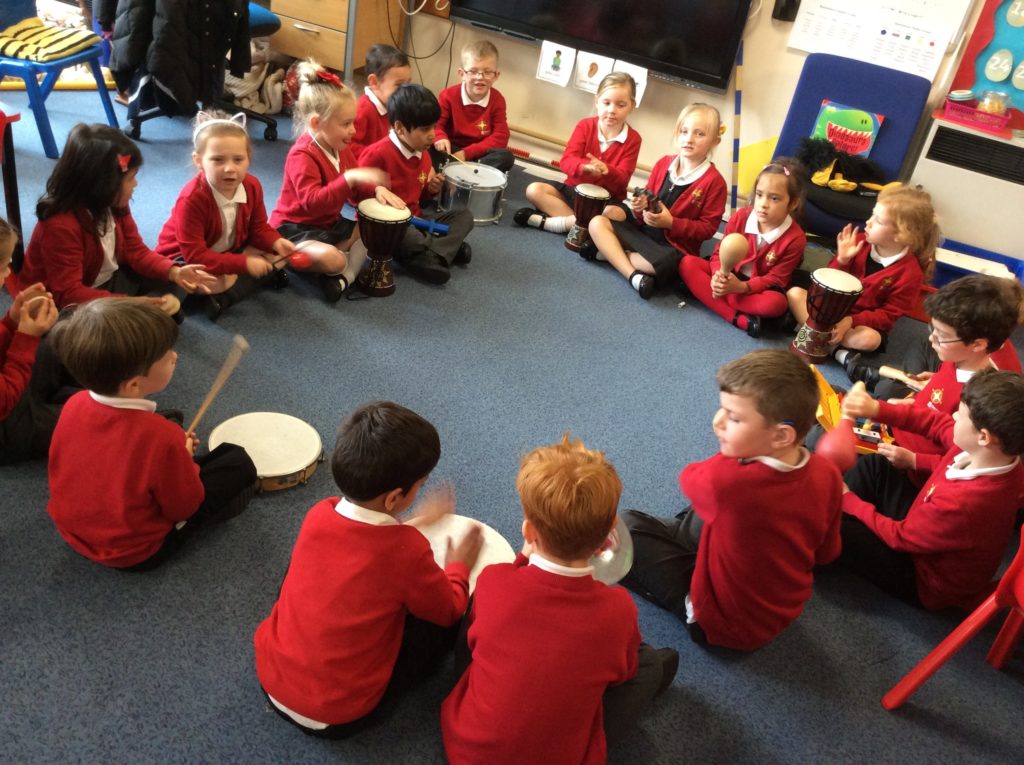
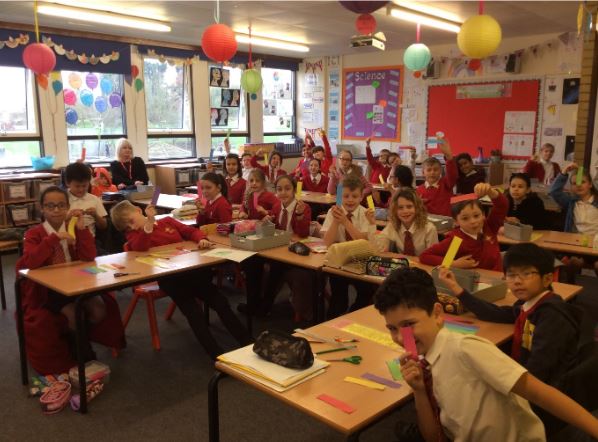
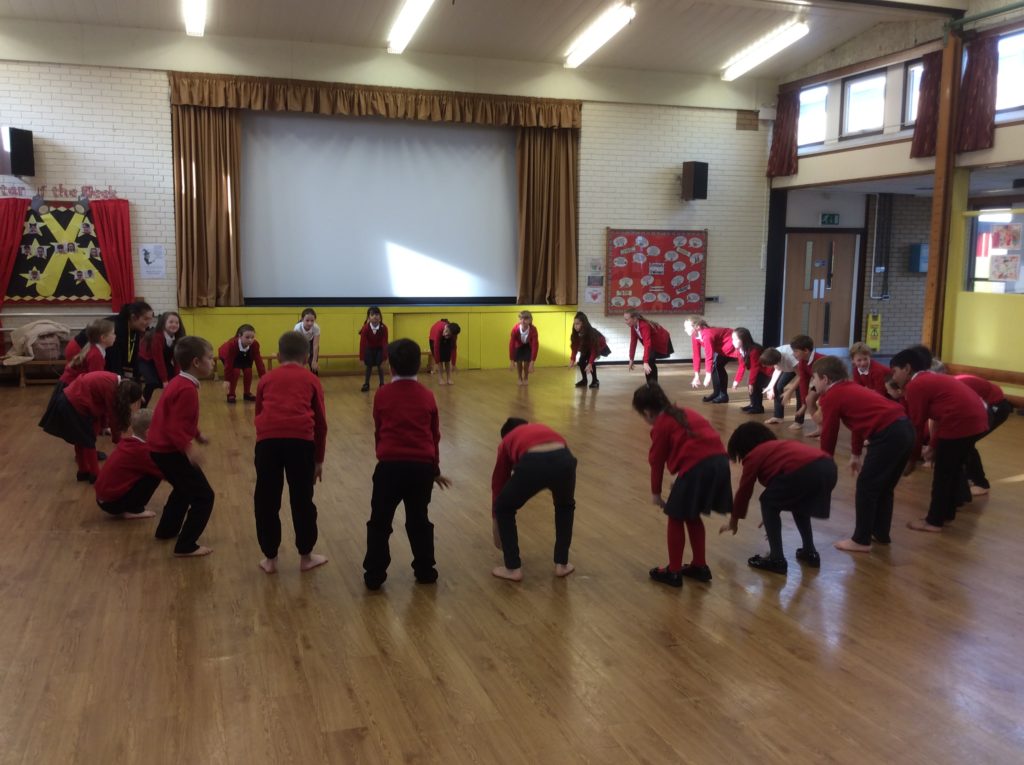

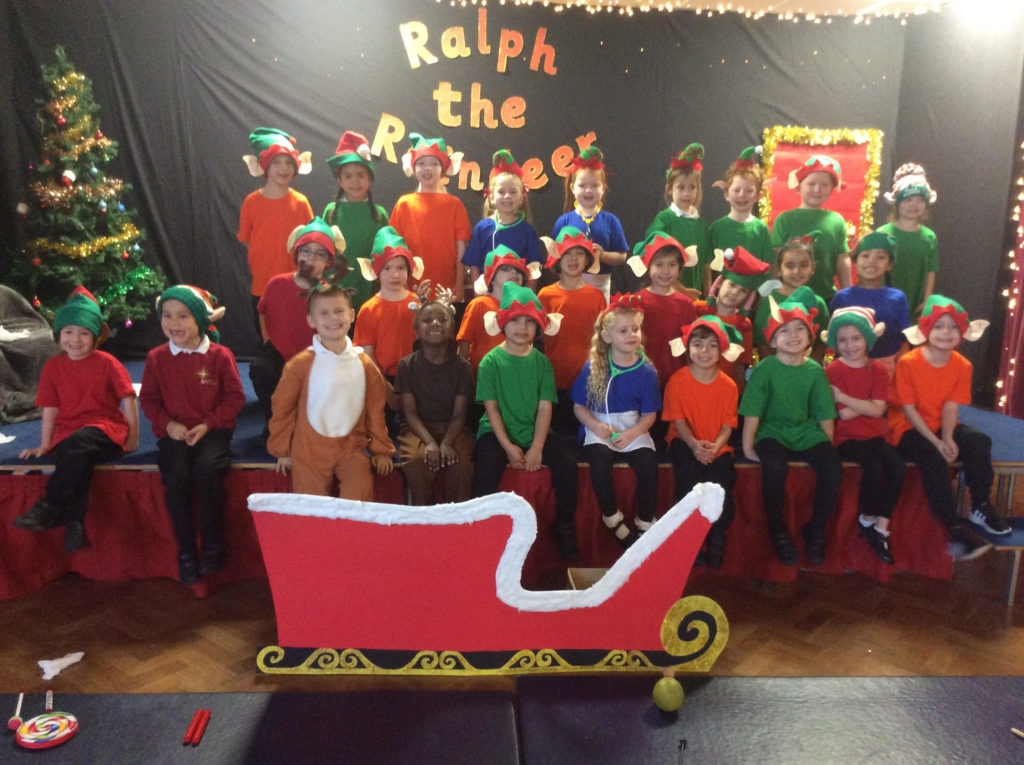
Aspire to be
At Scott Primary, we aim to inspire our children to reach for a range of jobs regardless of their culture, background or heritage. Therefore we use our aspire to be posters to give some information about the different jobs and professions that the children could want to do when they leave us. These posters are displayed around our school and the children have the opportunity to read them, learn from them and on most use a QR code to delve deeper into the person life.
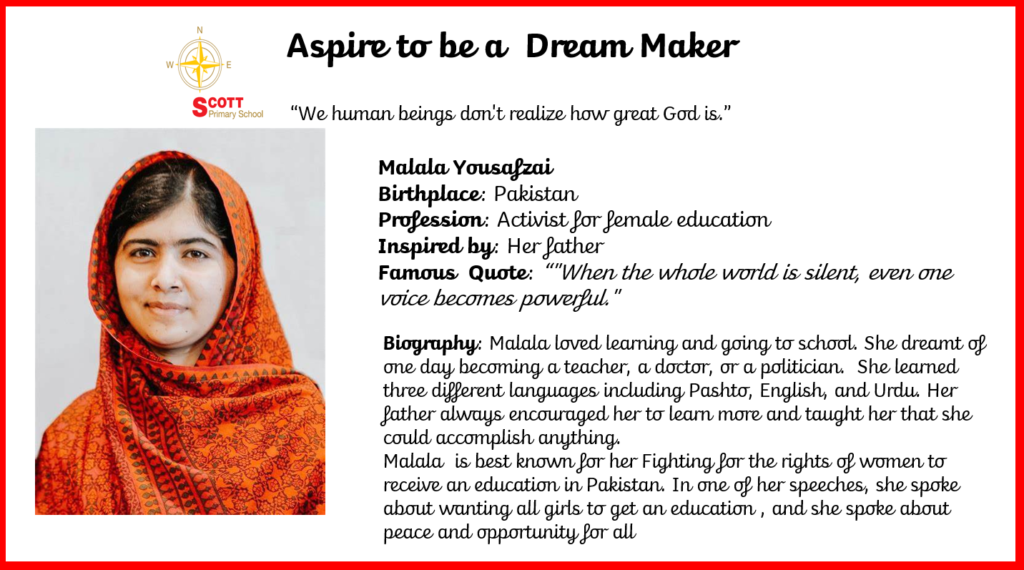
Open the Book
Open the Book offers the children an opportunity to hear key Bible stories told by a team of Christians
from local churches, who present the stories during assemblies.
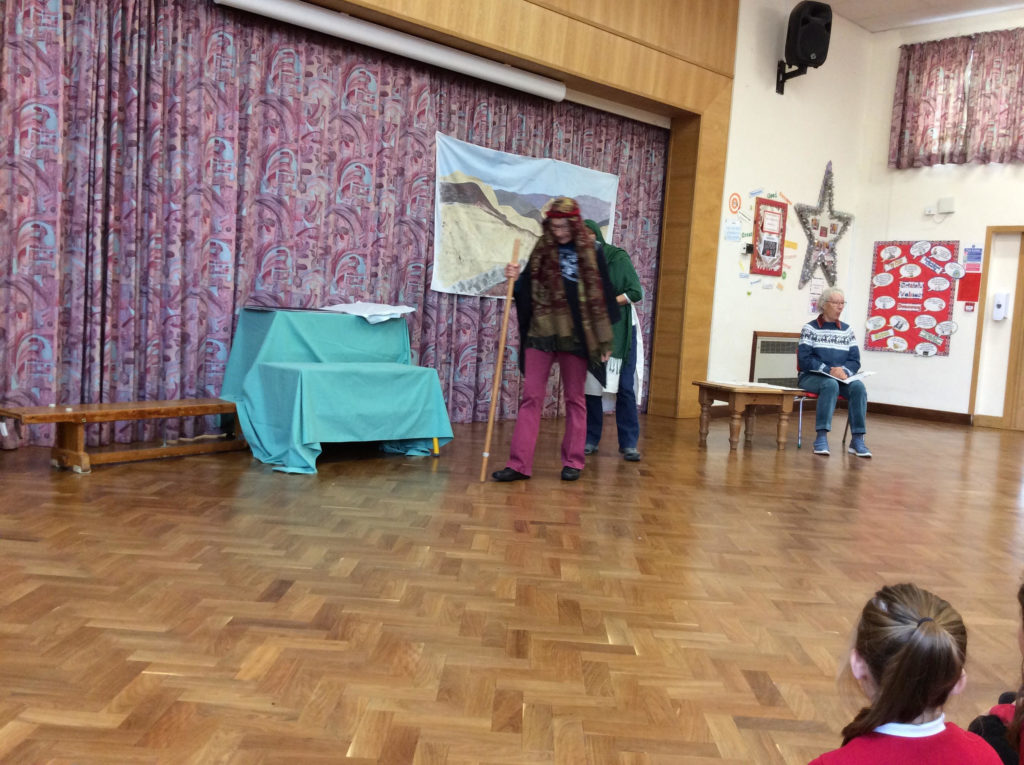
Right to Withdraw
Religion and belief have become more visible in public life in recent years, making it important that all pupils should have an opportunity to engage in RE. However, the parent of a pupil at a community, foundation or voluntary school (or pupils themselves if they are aged 18 or over) may request that they be excused from all or part of the religious education (RE) provided.
Parents who wish to withdraw their children from RE should be aware of its aims and what is covered in the RE curriculum and that they are given the opportunity to discuss this if they wish. It should be made clear whether the withdrawal is from the whole RE curriculum or specific parts of it. No reasons need be given.
Important – limitations to withdraw
- If pupils are withdrawn from RE, schools have a duty to supervise them, though not to provide additional teaching. A pupil may be required to work in another area of the school, such as library or break out area.
- Whilst parents or carers have a right to withdraw children from RE, they should note that children may also encounter religions and beliefs and wider aspects of faith in other areas of the curriculum from which there is no right of withdrawal.
- On occasion, spontaneous questions about religious matters are raised by pupils or issues related to religion arise in other curriculum subjects such as history or citizenship (PSHE) For example, schools promote community cohesion and help pupils to understand ideas about identity and diversity, feelings and emotions within both religious and non-religious contexts.
Managing the Right of Withdrawal
If pupils are withdrawn from RE, schools have a duty to supervise them, though not to provide additional teaching or to incur extra cost. Pupils will usually remain on school premises where it is feasible and appropriate.
Where a request for withdrawal is made, the school must comply and excuse the pupil until the request is rescinded. Though not legally required, it is good practice for a head teacher to invite parents to discuss their written request.
(Section 71(3), School Standards and Framework Act 1998).
